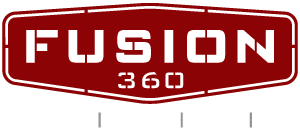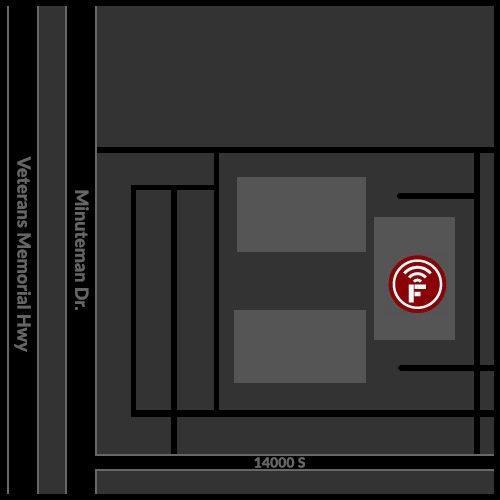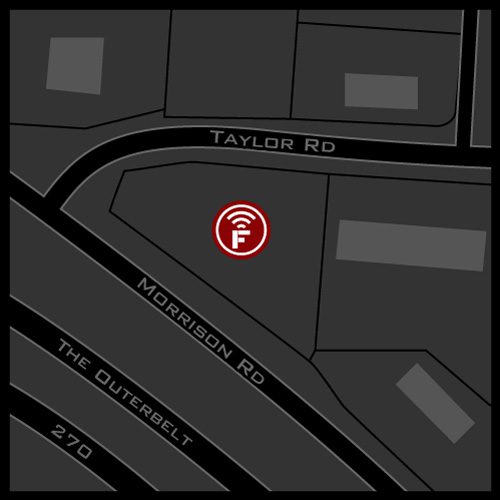
In an effort to increase SEO, companies often make simple link spam mistakes. Link spam consists of links setup between specific pages that are put in place to capitalize on Googles link-centric algorithms. Though several types of link spam are helpful for SEO, there are just as many types that can hurt.
Knowing the difference between helpful and harmful link spam can save a company’s SEO. Though it can be difficult to discern, professional SEO agencies have the expertise required to help a company get the most out of their link spam.
Blogging Blunders
There several benefits offered by the blogging world, and though SEO specialist often explore the boundaries, individuals must exercise caution. Google has a low tolerance for fake blogs on which anyone can pay for a spot. These guest posts are often low quality and are generally flagged by Google.
If you are featured on one of these sites, make sure your posts are high quality and that you do not over-link. When considering where to place your articles, search out several options. Sites with a low reputation have the potential to damage your SEO.
The Directory Downfall
Google is fairly vocal about how low it ranks links from online directories. Since Google controls your rankings, it is smart to avoid the low-quality directories it so ardently warns against.
Link spam is often placed in directories — and while some of these directories are helpful, others can be detrimental. Make sure your company takes the time to evaluate each directory its links are listed in. This tactic will improve positive SEO and help individuals avoid negative repercussions of poorly placed link spam.
Keyword Catastrophe
Keywords are great way to increase SEO — but when used wrong, keywords can be harmful.
Using unrelated keywords to draw readers in is a dangerous trap, even though it may be tempting to try and increase your readership. If you run a small Utah coffee shop, use “Utah” or “coffee” as a keyword – not smoothies or Washington. Using “Utah” keeps your keywords relevant and your readers happy. Similarly, do not use the keyword “Utah” a million times throughout your article. Keyword stuffing is bad for SEO and incredibly annoying.
Google’s algorithms look for keyword discrepancies — and if you improperly use keywords, your SEO will greatly suffer.


